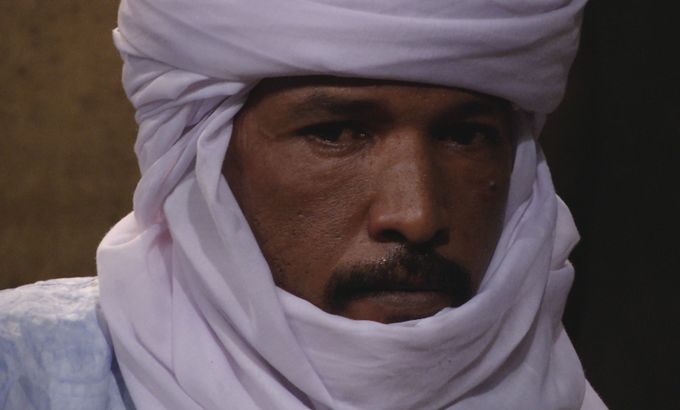
Gandhi’s ‘politics of guilt’ and the role of music
Redi Tlhabi discusses Gandhi’s ‘politics of guilt’, the role of music and the current situation in northern Mali.
About South2North: No subject is off limits in the first ever global talk show hosted from Africa in which Redi Tlhabi talks frankly to inspiring and intriguing personalities from across the world.
In this episode of South 2 North, Redi Tlhabi talks to best-selling Indian author and activist Arundhati Roy and hears why she thinks that Nelson Mandela and Mahatma Gandhi should not be made into icons.
Keep reading
list of 4 itemsIndia: Hindu monk arrested for insulting Gandhi, praising killer
UK considers Gandhi coin to commemorate Indian independence icon
Gandhi’s death anniversary galvanises India’s anti-CAA protesters
“Gandhi created a politics of guilt, whereas here what we have to fight is a political fight …. We need a new imagination, perhaps it begins with forcing capitalism to tolerate a non-capitalist society in its midst, so that it accepts the fact that it can’t have everything …. For me, somebody like Nelson Mandela or even somebody like Gandhi, I object to deifying them because they committed plenty of mistakes. That doesn’t mean you have to trash them or jump on them or jump on their memories or what they did, but we have to see,” Roy says.
Sibongile Khumalo, a South African vocalist, says: “She [Arundhati Roy] has a valid point, deifying living people is problematic. It takes away their humanity, it compromises their sense of belonging and situatedness within their communities.”
Khumalo explains what music meant for her during the South African struggle: “Music was a tool where musicians were reflecting, mirroring what society saw, how society felt. And, of course, music was an escape. Music is a repository of your culture, of your history, of your legacy …. Music has the ability to help us articulate feelings, music has the ability to help people get hopeful that it can be changed.”
Redi Tlhabi is also joined by Ahmed Ag Kaedi, a Tuareg musician from northern Mali; Many Ansar, the director and founder of Mali’s internationally acclaimed Festival in the Desert; and Tiseke Kasambala, the director of Human Rights Watch in South Africa, to discuss the role of music and the current situation in northern Mali.
Ansar says: “Music is everywhere in our daily life. Our history was told by music and through music in Mali we learn what is good and what is not …. The situation is terrible since last January. Because of this occupation music is banned, even listening to music is forbidden, what about organising a music event, it’s not possible to do it in Timbuktu now …. Musicians [like Ahmed] have to leave the place to go to the south of Mali or other countries.”